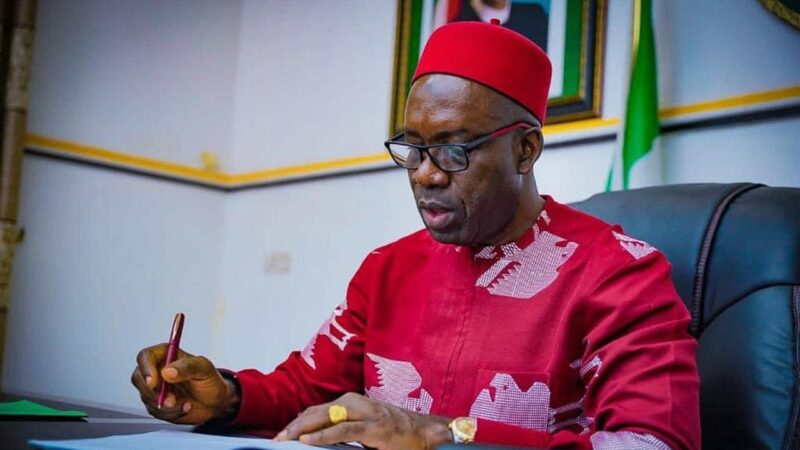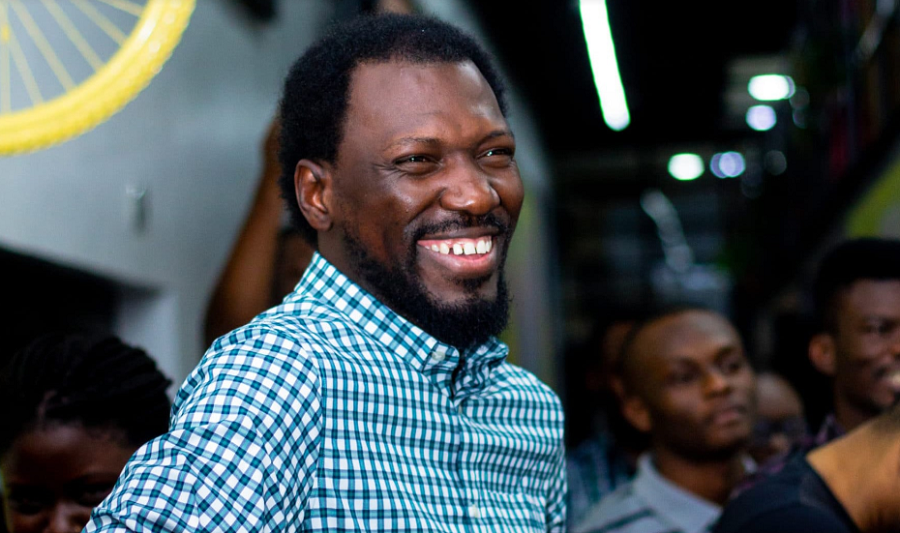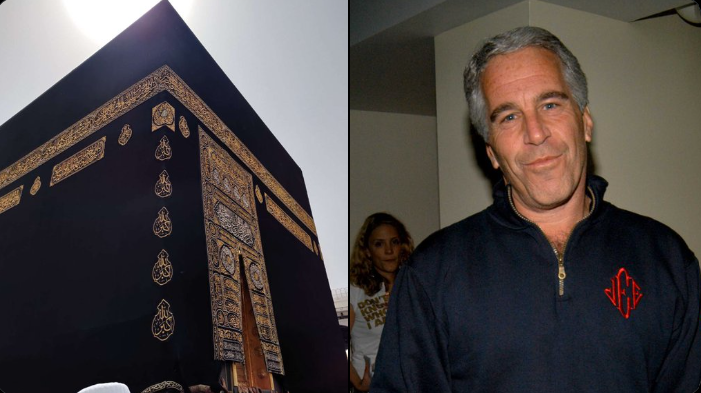Lawyer Sir Ifeanyi Ejiofor criticizes Soludo’s ban on public preaching and N500,000 fine, warning of religious freedom concerns
[dropcap]H[/dropcap]uman rights lawyer and counsel for the Indigenous People of Biafra, Sir Ifeanyi Ejiofor, has strongly criticised Anambra State Governor Chukwuma Soludo’s recent decision to ban public preaching and impose a hefty N500,000 fine on violators.
Also read: Governor Soludo welcomes Shanghai Jianhang delegation to boost Anambra’s investment prospects
This ban, announced in a viral video over the weekend, has sparked concerns over its potential impact on religious freedom.
In the video, Governor Soludo is seen confronting an unidentified preacher in a market, urging him to stop causing noise pollution and directing him to either preach inside a church or rent an open space.
The governor warned that failure to comply would result in the imposition of the fine, citing the need to control noise pollution in the state.
Reacting to the decision, Ejiofor expressed alarm over what he described as an overreach by the governor, which he believes poses a serious threat to religious freedom.
In a statement released on Monday, Ejiofor argued that the governor’s actions go against the constitutional rights guaranteed by Section 38(1) of Nigeria’s 1999 Constitution, which protects the freedom of thought, conscience, and religion.
Ejiofor stated, “The recent ban on public preaching, coupled with a hefty fine of ₦500,000 for defaulters, is another alarming overreach that raises serious concerns about religious freedom.”
He emphasized that the Constitution ensures every person’s right to freely propagate their religion, including in public spaces.
He further criticized the outright ban, pointing out that such a drastic measure criminalizes public preaching, including crusades and outreach activities that have traditionally occurred outside church premises.
Ejiofor suggested that instead of imposing a blanket ban, the governor should have considered regulating and moderating these public preachings to address the noise pollution concerns.
Drawing attention to the broader issues facing Anambra, Ejiofor questioned how the ban on peaceful gospel preaching could help resolve the state’s pressing security and governance challenges.
He pointed to neighbouring states such as Abia and Enugu, which are successfully addressing governance and security concerns without infringing on religious freedoms.
Ejiofor concluded his statement by urging Soludo to reconsider the ban, stressing that policies in a democratic society must respect rights and freedoms.
He called for wisdom in leadership, stating that true leadership is about building, not suppressing, and about securing, not silencing.
Also read: Governor Soludo delivers modern general hospital to Okpoko community
As debates over the ban continue, many are concerned about the balance between maintaining public order and respecting fundamental freedoms in Anambra.





























